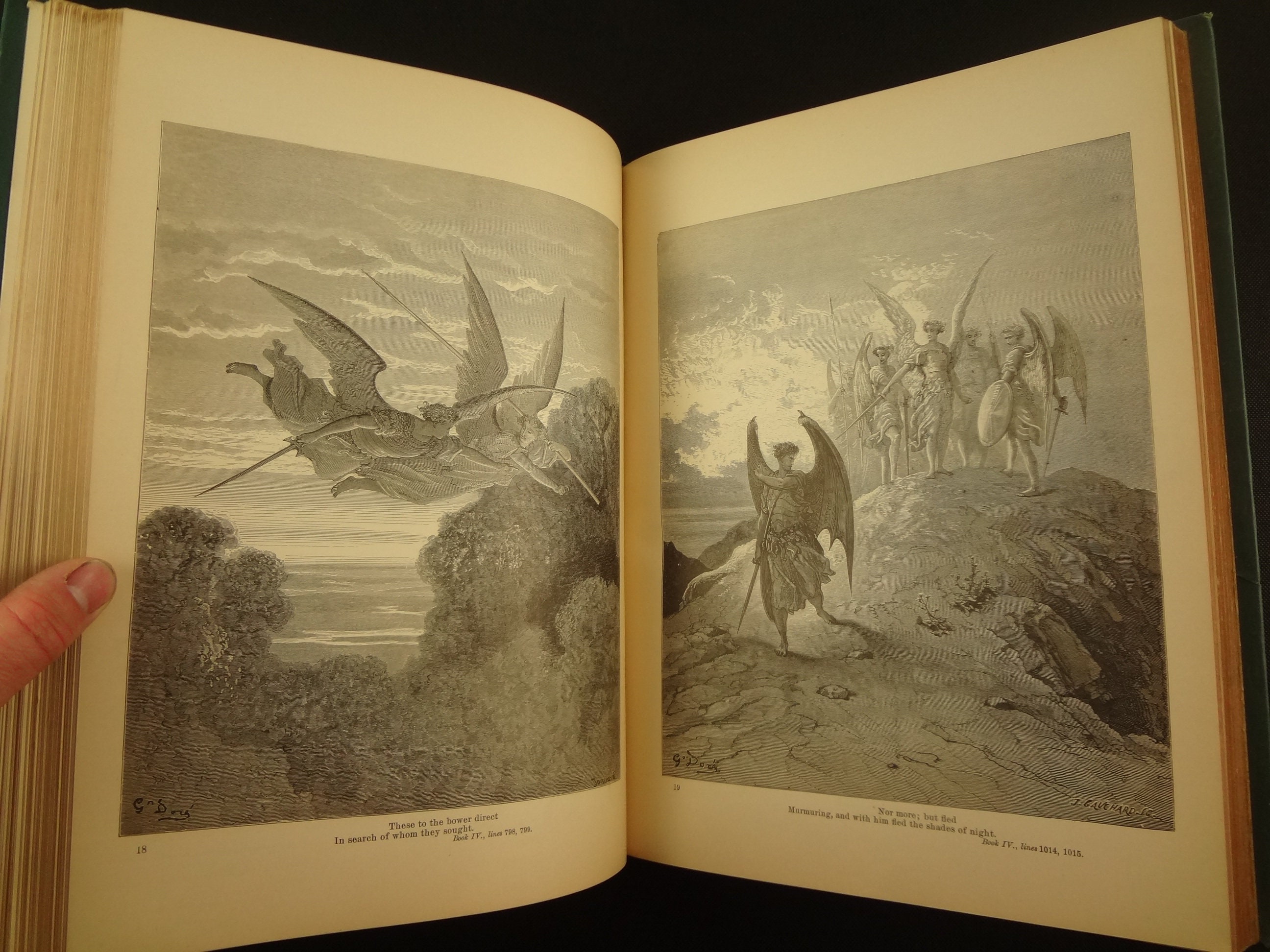

England had had the opportunity to become an instrument of God's plan, but ultimately failed to realize itself as the New Israel. The failure of the Puritan revolution was tantamount, for Milton, to the people's failure to govern themselves according to the will of God, rather than of a royal despot. God was not to blame for humanity's expulsion from Eden, nor was He to blame for the trials and corruption that befell England during the time of the Commonwealth under Oliver Cromwell. Like Adam and Eve, they had failed through their own weaknesses, their own lack of faith, their own passions and greed, their own sin. That is, he was telling them why they had failed to establish the good society by deposing the king, and why they had welcomed back the monarchy. It should be noted, then, that in Paradise Lost Milton was not only justifying God's ways to humans in general he was justifying His ways to the English people between 16. Finally, it is in Paradise Lost that Milton harmonizes his two voices as a poet and becomes the Christian singer, as it were, of epic English poems. The body of work emerging from these twin impulses - one religious, the other political -witnesses his development as (or into) a Christian poet and a national bard. In other words, Milton sought to write poetry which, if not directly or overtly didactic, would serve to teach delightfully. His poetry would, on the other hand, serve England by putting before it noble and religious ideas in the highest poetic form. On the one hand, he felt that he could best serve God by following his vocation as a poet. Hence, as Milton wrote in a letter to Charles Diodati, "the bard is sacred to the gods he is their priest, and both his heart and lips mysteriously breathe the indwelling Jove." A sense of religiosity and patriotism drive Milton's work. The epic poet chronicles the religious history of a people he plays the role of prophet-historian. The poetic vocation to which Milton was heir is both nationalistic and religious in character. Like Homer and Virgil before him, Milton would be the epic poet of the English nation. He saw himself as a poet whose lineage extended, through the Romans, back to the Greeks.

Unlike the learned classicists of his day, who imitated Greek and Latin versification, Milton sought to rehabilitate the English poetic tradition by establishing it as an extension or flowering of the classical tradition. As soon as his third year at Cambridge, however, he expressed his desire to abandon such fashionable poetry in order to write in his native tongue. Milton composed his early verse in Latin, in the fashion of a classically educated person. During these years, Milton considered entering the ministry, but his poetic ambitions always seemed to take precedence over his ministerial aspirations. In April 1625, just after the accession of Charles I, he matriculated at Christ's College, Cambridge. Milton's father was a scrivener and, perhaps more importantly, a devout Puritan, who had been disinherited by his Roman Catholic family when he turned Protestant. John Milton was born on December 9, 1608.


 0 kommentar(er)
0 kommentar(er)
